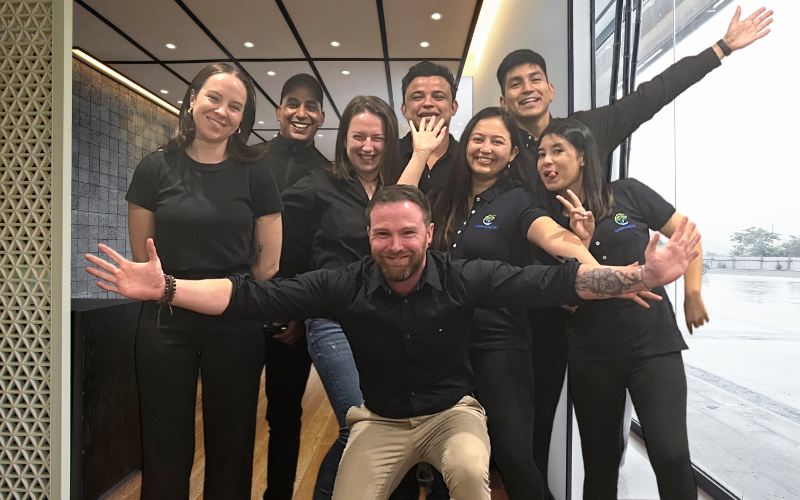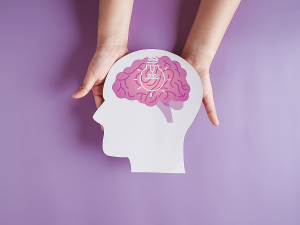Disability in History: Celebrating Disabled People's Contributions

Disability has been a part of human society since ancient times. People with disabilities have made significant contributions throughout history, but their achievements are often overlooked or marginalised. Furthermore, disability should not be seen as a barrier to accomplishment. In fact, many accomplished people with disabilities have overcome obstacles, persevered, and changed the world. This blog explores the history of disability and celebrates disabled people’s contributions to society. Also, by highlighting their achievements, we aim to inspire others and promote a more inclusive and accepting society.
1. Disability in Ancient Times
People with disabilities existed in ancient cultures and societies, and some were even respected for their skills and contributions. For example, in Greek and Roman societies, the blind were revered for their musical abilities. And, some were even hired as professional musicians. In ancient India, people with disabilities were seen as having spiritual powers.
2. Medieval Times
Disabled people in medieval times often faced stigmatization and discrimination. However, some people who had disabilities went on to make important contributions. For example, King Louis IX of France was deaf in one ear but was still a successful leader. Similarly, the philosopher John Locke was a survivor of polio and was known for his political philosophy and writings on education.
3. Renaissance Period Contributions
The Renaissance period saw significant advancement in the arts, sciences, and technology, and some of the greatest minds were people with disabilities. Leonardo da Vinci was likely to have had a learning disability, yet was one of the world’s most prominent inventors and artists. Likewise, the great composer Ludwig van Beethoven was deaf. And, despite his disability, he composed and conducted some of the most beautiful music of all time.
4. Modern Times Contributions
In modern times, people with disabilities have made significant contributions to a wide range of fields. It varies from business to sports to science and technology. Frank Bowe, who was deaf, helped draft the Americans with Disabilities Act. It is a landmark piece of legislation that significantly expanded the rights of disabled people. Similarly, the entrepreneur and inventor Sir Richard Branson, who has dyslexia, is one of the world’s most successful businessmen. Stephen Hawking, is the world-renowned physicist. Also, he had motor neuron disease and was confined to a wheelchair, yet he contributed significantly to our understanding of the universe.
5. The Power of Inclusion
It is important to celebrate the achievements of disabled people throughout history to inspire current and future generations. It helps to strive for their goals, regardless of any limitations they may have. Furthermore, by including disabled people in all aspects of life, we can foster a more inclusive and accepting society. This means breaking down physical and social barriers and promoting the rights of disabled people. Also, providing the necessary accommodations they need to succeed in all areas of life.
Conclusion:
In conclusion, disabled people have made significant contributions throughout history, despite facing harsh stigma and discrimination. By celebrating the achievements of disabled people, we can change attitudes and promote a more inclusive and accepting society. By acknowledging the creativity, ingenuity, and resilience of people with disabilities, we can inspire current and future generations. Lastly, disability should not be seen as a barrier to accomplishment but rather as diversity that adds to the richness of our world.
Book a free Consultation with us today!
Mobile : 1800960068
Email : contactus@iseeksupport.au









